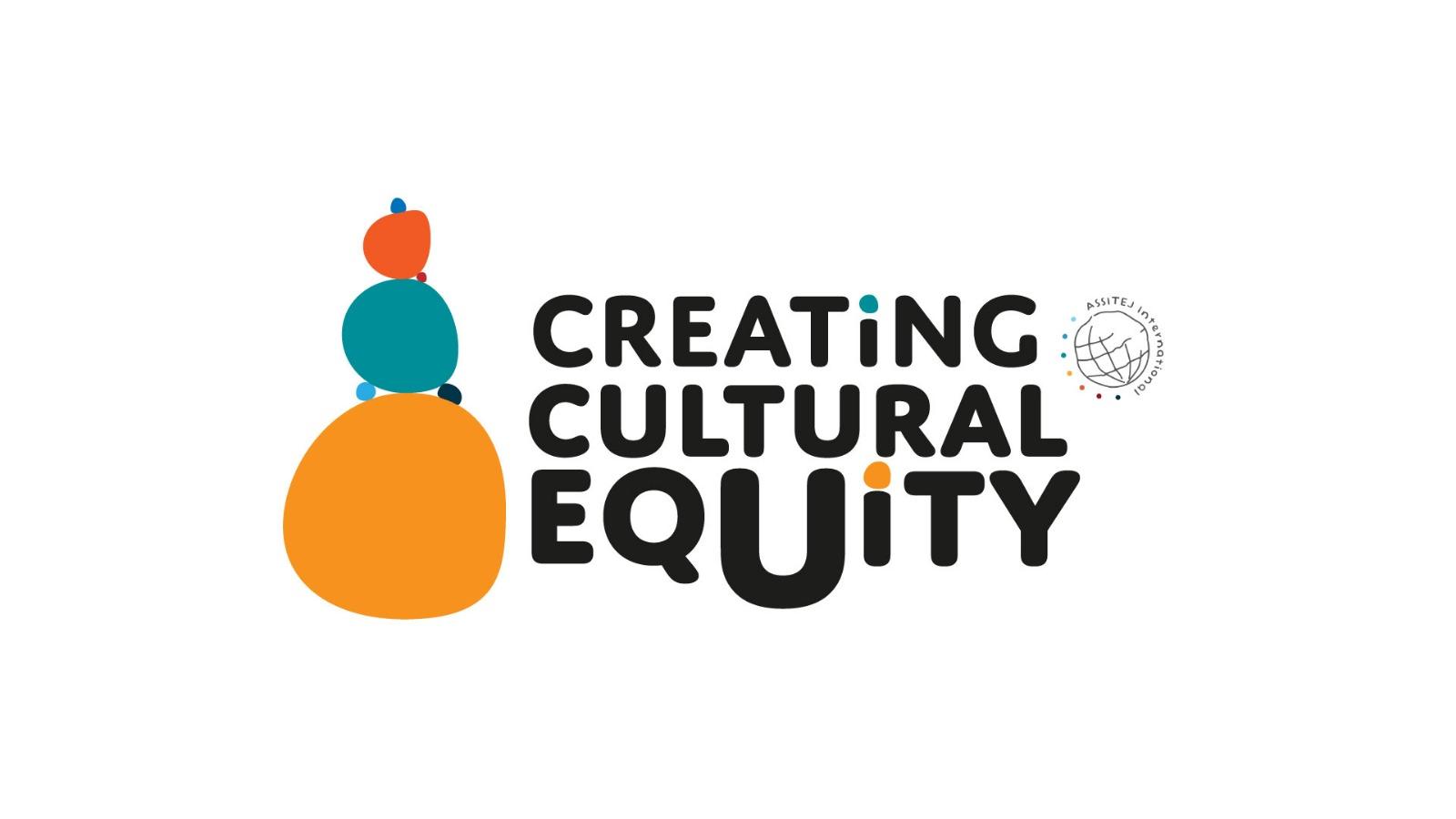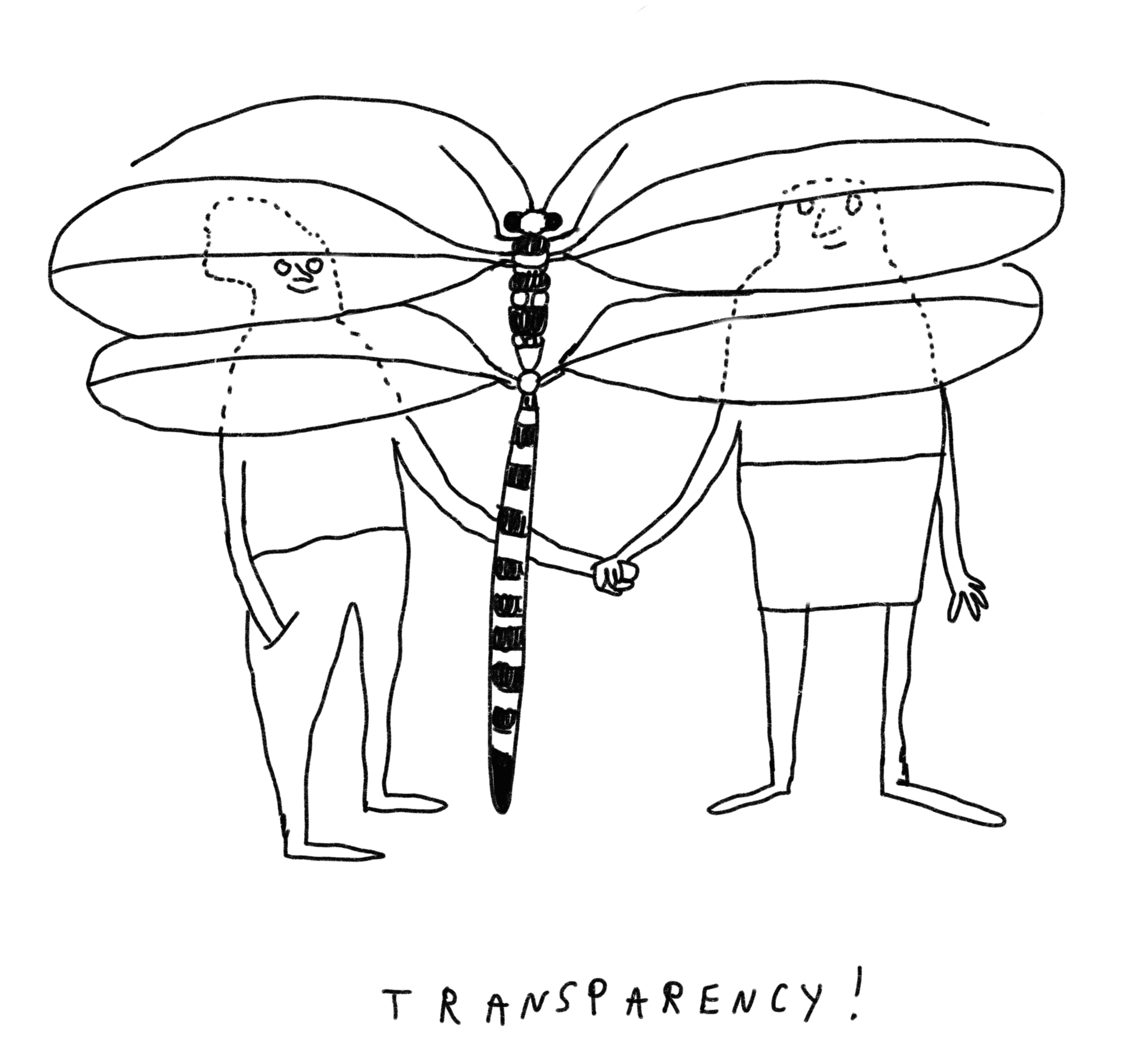ASSITEJ International has been awarded a significant grant from the European Union for our three-year Project, ‘Creating Cultural Equity: Removing Barriers to Equitable Participation for Artists & Audiences in Theatre & Performing Arts for Children & Young People’. This means ASSITEJ International has funding from 2025 – 2028 to continue and expand the impact it has in its aim to promote and defend the cultural rights of children and young people everywhere, to support members in their capacity to advocate and connect, and to gain recognition and visibility for the work we are all passionate about.
‘Creating Cultural Equity’ is about removing barriers to equitable participation for artists and audiences in theatre and performing arts for and with children and young people. The project focuses on members and across all the work we do, the principles of access, inclusion, sustainability, and participation underpin the activities.
Project Summary
‘Creating Cultural Equity’ is designed to remove barriers to participation and growth in ASSITEJ International’s network of cultural workers in Theatre & Performing Arts for Children & Young People (TYA). This sector creates imaginative artistic experiences for and with young audiences with an age range from 0 to 25 and is also deeply intersectional, providing positive experiences that resonate in other areas of young people’s lives – and providing platforms for artistic expression that enable agency for young people. The work of this sector has proven social impact and, through ASSITEJ, extensive reach across six continents. This makes ASSITEJ one of the most complex and diverse networks in the world and this project is essential to strengthen the engagement of our members, increase access for children and young people as participants in culture, and create global opportunities for connection. ‘Creating Cultural Equity’ addresses access for the young, the D/deaf or Disabled, those with socio-economic disadvantage, those who are geographically or linguistically isolated, or experiencing discrimination; and embeds sustainability as a foundational principle within the diverse cultural and systemic challenges our global members bring. By supporting pathways for young people’s cultural action, supporting capacity building for members, engaging in sector dialogue, drawing on the diversity of members’ expertise, and continuing to inquire and research, we increase the profile and value of a young audience and the recognition of the extraordinary art and service that the sector provides worldwide for this audience. ASSITEJ International‘s purpose is unity through our cultural practice in a troubled world. Even though we are all vitally, extraordinarily different in our approaches, beliefs, and convictions, we all work for the same goal – that children and young people everywhere can participate in the most inspiring, resonant, and relevant art made for and with them.
Project Coordination

Access, Diversity, and Sustainability
In 2024, ASSITEJ became one of the Culture/SHIFT pilot organisations and, working alongside Creative Carbon Scotland with a consortium of European organisations, has given us our Green Policy and the strategic steps towards greater sustainability as an organisation.
With this project, we will also address sustainability of careers or work practices, including the creation of pathways for those experiencing barriers to participation – d/Deaf or Disabled artists and audiences, those experiencing geographical isolation or economic disadvantage.
The urgency around ecological sustainability will be met with more defined online experiences for members. Online development is vital not only for ecological reasons but for better access and inclusion.
Empowering ASSITEJ Membership
Our aim is to enable informed advocacy and capacity building for all our members so that everyone associated with ASSITEJ has the tools and the capacity to engage in the development of their own context, encouraging the offer of ideas, provocations, and support to the work of the Association outside of a General Assembly. This is also about the pathways to becoming a member – the role of the ASSITEJ Affiliate, the ASSITEJ National Centres – and how we can support new members to take their place in the association.
The ASSITEJ International Professional Networks are the second structure of membership alongside National Centres. Because they are international across a minimum of five different countries, they have far greater difficulty in creating an economic basis for operations. To fully address the barriers that Networks feel and to strengthen their capacity, and therefore their reach and their inclusivity, we will look at structural ways to support them.
Support For Four Years
ASSITEJ International has been supported with this funding for four years (January 2025 – December 2028). Reapplying to the same funding strand may be possible after this period.
The Project is co-financed by the European Union, contributing approximately 1.2 million EUR.
TYA – A Unique Sector
The Culture strand of the ‘Creative Europe’ programme of the European Commission supports a wide range of cultural and creative sectors, including performing arts.
The ‘Building Collective Resilience’ project, which ran from 2022 until the end of 2024, was the first time Theatre for Young Audiences (TYA) was supported among the European Cultural Networks funded by the ‘Creative Europe’ programme. The Project is designed to complement the existing cultural networks and to address TYA as a unique sector in its own right.
Global Impact
ASSITEJ International is a global Association, and the Project is designed to support TYA across all continents. This is achieved in the Project through a significant digital component to create global access to ASSITEJ International events, promote knowledge sharing across borders, publish global research, and support international activities taking place at the ASSITEJ Artistic Gathering in France (2025) and the ASSITEJ World Congress and Performing Arts Festival for Children & Young People in Korea (2027).
Project Evaluation
ASSITEJ International has appointed Dr Richard Johnson Sallis and Dr Jennifer Andersen from The Univeristy of Melbourne in Australia as external evaluators to assist the Executive Committee and Secretariat staff to examine to what extent the development of its network is creating cultural equity in the global Theatre & Performing Arts for Young Audiences sector.
Appointed to this position, Richard and Jennifer will conduct the project evaluation on a rolling basis until the project concludes in December 2028. Together, they are examining aspects such as:
- The strategic direction of the Association;
- The development of new working modes and models within the Association;
- The new strand of research, data collection, and related advocacy in the project;
- The Association’s transition towards sustainability, in all its forms;
- The breadth and depth of ASSITEJ International’s member engagement and development;
- The extent to which ASSITEJ International creates a discernible ‘community of practice’.
They have already produced a baseline evaluation report (September 2022) a midline evaluation report (December 2023) and an endline evaluation report (November 2024) of the previous project: ‘Theatre & Performing Arts for Young Audiences: Building Collective Resilience’. These documents act both as means of validating the accuracy of the project’s self-reporting as well as offering an independent assessment of progress towards network development goals.
Read The Endline Report Of The Building Collective Resilience Project

Richard Sallis
The University of Melbourne
 Dr Richard Johnson Sallis is an internationally recognised expert in the area of research-based theatre, especially in regard to its application in education.
Dr Richard Johnson Sallis is an internationally recognised expert in the area of research-based theatre, especially in regard to its application in education.
He is Head of Drama Education at The University of Melbourne’s Graduate School of Education (MGSE). He is also the immediate past Chair of the University of Melbourne Theatre Board and the co-editor of the MGSE publication, Journal of Artistic and Creative Education (JACE).
His particular research interests include drama/theatre education; drama for wellbeing; theatre history; theatre for young people; diversity and inclusion in teaching and learning; and initial teacher education.
He is a member of the International Association for Creative Arts in Education (IACAET), Drama/NZ, and the Australian Children’s Theatre Foundation. Richard is a life member of Drama Victoria and is a recipient of the Drama Australia President’s Award for outstanding contribution to drama/theatre education. He also has affiliations with IDEA (International Drama and Theatre in Education Association), IDIERI (International Drama In Education Research Institute), Arena Theatre Company, and the Victorian Curriculum and Assessment Authority (VCAA).
His research has garnered a number of awards including the Freda Cohen Award for the ‘Most Meritorious Masters Thesis in Education’, the ‘Fred Knight Research Scholarship’, and the American Alliance for Theatre Education’s (AATE) Distinguished Dissertation Award for his PhD entitled, ‘The Drama of Boys: An Ethnographic Study and its Performance’.
Jennifer Andersen
The University of Melbourne
 Dr Jennifer Andersen is a theatre maker, arts educator, lecturer, and researcher at the Melbourne Graduate School of Education, The University of Melbourne. Her research focuses on out-of-school programmes led by museum educators, artists, and actors, as well as the impact of these programmes on child and family engagement. She brings many years of experience as an actor, theatre maker, and facilitator of community arts experiences with her theatre making practice centred around creative exchanges with children and families in community settings.
Dr Jennifer Andersen is a theatre maker, arts educator, lecturer, and researcher at the Melbourne Graduate School of Education, The University of Melbourne. Her research focuses on out-of-school programmes led by museum educators, artists, and actors, as well as the impact of these programmes on child and family engagement. She brings many years of experience as an actor, theatre maker, and facilitator of community arts experiences with her theatre making practice centred around creative exchanges with children and families in community settings.


